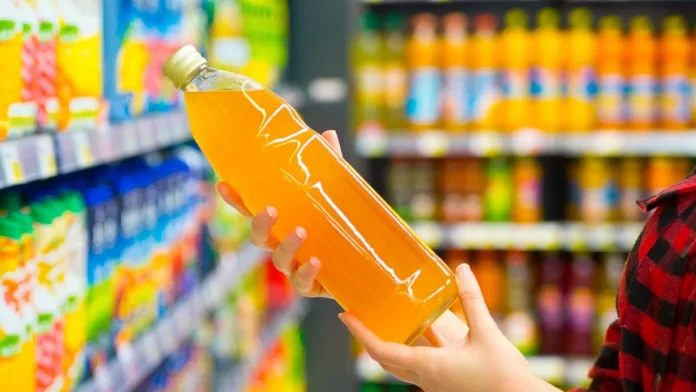The Federal Board of Revenue (FBR) has tied the proposed reduction in federal excise duty (FED) on juices from 20 percent to 15 percent in the upcoming 2025-26 budget to the submission of post-dated cheques covering the excise duty expected to be collected in the next fiscal year, according to a news report.
During a meeting of the National Assembly Standing Committee on Finance on Thursday, representatives from the juice industry urged the government to reduce the FED to revive the sector, which has been severely affected by the current tax rates.
The FBR Chairman, Rashid Mahmood, however, told the industry that if the reduction is granted, they must provide post-dated cheques as assurance to cover the anticipated revenue shortfall. This demand surprised industry members, who questioned how cheques could be issued for sales yet to occur.
Rashid Mahmood explained that the industry claims lower FED would boost sales volumes and eventually increase tax revenue. The government requires guarantees, in the form of post-dated cheques, to substantiate these claims. He emphasised that any tax relief must be balanced by alternative revenue measures to avoid fiscal losses.
Aatika Mir, representing the Fruit Juices Council, highlighted that since the 20 percent FED was imposed in 2023 on top of the existing 18 percent GST, the formal packaged juice industry’s sales have plunged by 45 percent, falling from a projected Rs 71 billion in 2022-23 to about Rs 42 billion last year.
This decline has led to underutilisation of production capacity, halted new investments, and reduced fruit procurement, adversely affecting fruit farmers and pulp processors. For example, mango purchases dropped to 20,233 tons last year from 31,000 tons in 2017-18.
Mir added that the heavy taxation increases product prices, pushing consumers toward cheaper, low-quality, and potentially unsafe alternatives from the undocumented sector, which constitutes over 25 percent of the market.
The Fruit Juice Council is calling for a reduction in FED to 15 percent, citing the industry’s export potential, with packaged juices currently reaching more than 30 countries. They warned that if growth does not resume, export volumes will also suffer.
The council also noted that fruit-based juices are promoted as a healthier beverage option, supported by provincial food authorities allowing their sale in educational institutions, unlike other sugary drinks.
The ongoing tax burden, the council said, is stifling industry growth and harming both producers and consumers, urging the government to reconsider the excise duty structure to support the sector and safeguard jobs.




